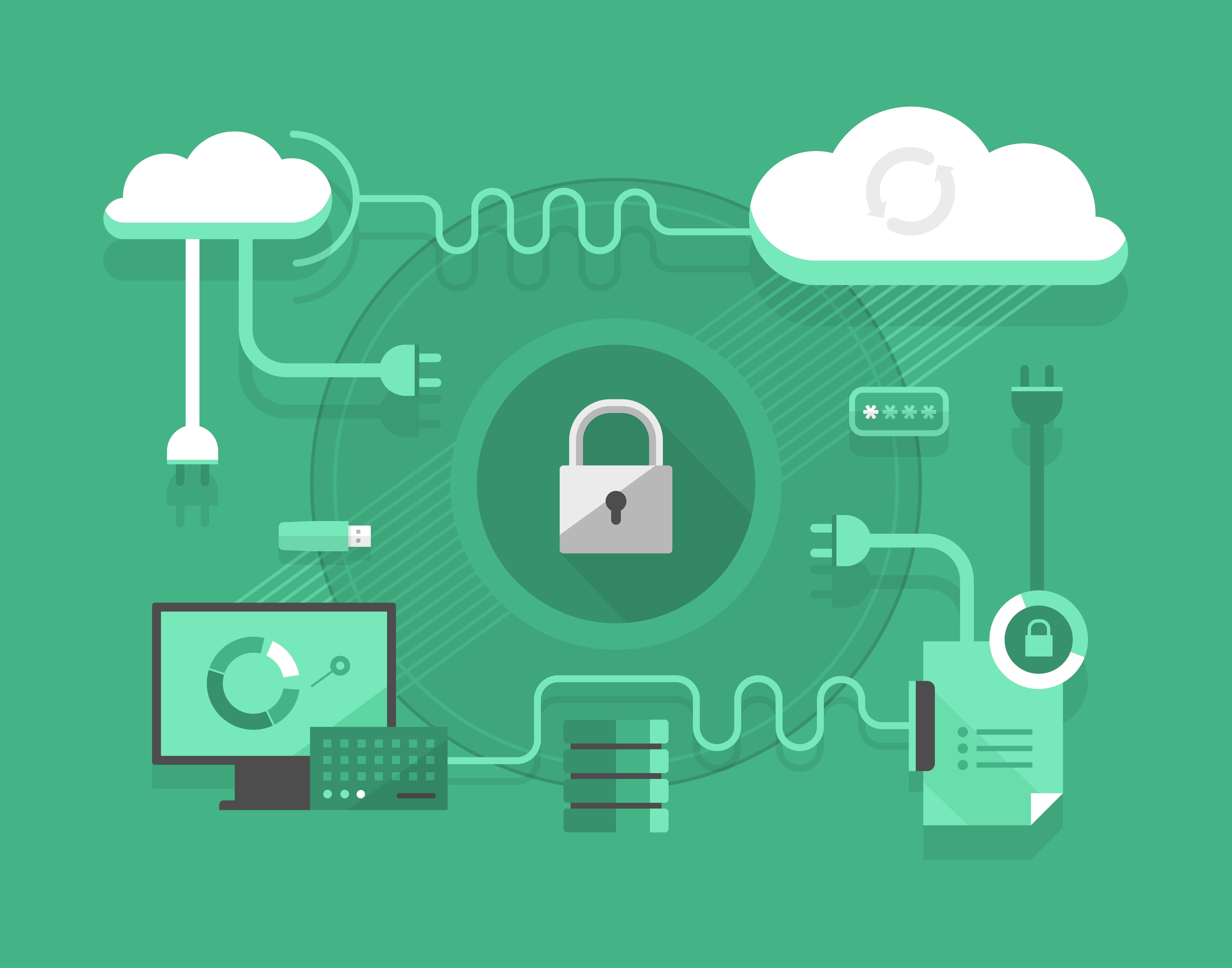Cyber insurance in Canada is becoming increasingly important as more and more individuals and businesses rely on technology to store and transfer sensitive information. With the rise of cyber-attacks and data breaches, having adequate cyber insurance can provide peace of mind and financial protection in the event of a cyber incident.
Here are some of the key reasons why you need cyber insurance in Canada:
- Cyber threats are on the rise: The number of cyber-attacks and data breaches is increasing every year, and no one is immune from these threats. Cyber criminals are becoming more sophisticated, and their methods of attack are evolving constantly. By having cyber insurance, you can ensure that you have protection against the latest cyber threats.
- Protection against data breaches: Data breaches can result in the loss or theft of sensitive information, including personal and financial data. This can cause significant harm to both individuals and businesses. Cyber insurance can provide financial compensation for costs associated with responding to and mitigating a data breach, such as notification costs, credit monitoring services, and public relations expenses.
- Financial protection: A cyber incident can result in significant financial losses, including the cost of investigations, legal fees, and the cost of restoring systems and data. Cyber insurance can provide financial protection against these costs, allowing you to focus on recovering from the incident.
- Protecting your reputation: A cyber incident can have a negative impact on your reputation, and it can take years to restore your credibility. Cyber insurance can provide financial compensation for the costs associated with repairing your reputation, such as public relations expenses and advertising costs.
What Does Cyber Insurance Cover
Cyber liability insurance covers a wide range of losses and expenses that can result from a cyber incident, such as a data breach, cyber attack, or cyber fraud. Some of the key coverage areas of cyber liability insurance include:
- Data breach response costs: This includes expenses for notifying affected individuals, providing credit monitoring services, and retaining a public relations firm to manage the aftermath of the breach.
- Legal expenses: Cyber liability insurance can help cover the costs of legal fees associated with a cyber incident, including lawsuits brought by affected individuals or regulatory fines.
- Loss of digital assets: This coverage can help cover the cost of restoring or replacing digital assets that are lost or stolen in a cyber incident.
- Business interruption: Cyber liability insurance can help cover lost income and expenses if a cyber incident results in downtime or disruption to your business operations.
- Cyber extortion: This coverage can help cover the cost of paying a ransom to cyber criminals in the event of a cyber extortion attack.
- Reputational damage: Cyber liability insurance can help cover the costs of repairing your reputation if a cyber incident has a negative impact on your credibility.
It is important to note that coverage varies from policy to policy, and it is important to carefully review your policy and understand what is covered before purchasing cyber liability insurance.
What are the Minimum Requirements for Cyber Insurance Policies
The minimum technical requirements to meet cyber insurance policies vary based on the insurance provider and the specific policy. However, some common technical requirements include:
- Regular software and security updates: Insurance providers often require policyholders to keep their systems and software up to date with the latest security updates to reduce the risk of a cyber incident.
- Strong passwords: Policyholders may be required to implement strong passwords and multi-factor authentication to reduce the risk of unauthorized access to their systems.
- Data encryption: Policyholders may be required to encrypt sensitive data to protect it from theft or loss in the event of a data breach.
- Regular backups: Insurance providers may require policyholders to regularly back up their data to minimize the impact of a cyber incident.
- Cybersecurity training: Policyholders may be required to provide cybersecurity training to their employees to reduce the risk of a cyber incident.





